Iran safeguarding its security in the Persian Gulf
WANA (July 14) – A quick search of what has been happening in the Persian Gulf these days will take you to a series of links reading “Iran seizing commercial tankers.” A thorough reading of the events, however, reveals that the tanker seized by the Islamic Revolutionary Guard Corps (IRGC) forces was, in fact, smuggling fuel from the country, which of course, is misrepresented by mainstream news outlets.
On Monday, the commander of the IRGC’s second naval zone, Ramezan Zirahi, said the vessel, with military support from the United States, was seized on Thursday. He said the U.S. military dispatched multiple aircraft in response to the IRGC’s attempt to take possession of the ship.
“A foreign tanker carrying over one million liters of smuggled fuel was seized in Iranian waters in the Persian Gulf. This vessel was backed by U.S. military support, but the naval forces of the IRGC successfully intercepted it and apprehended the violators,” Zirrahi stated in a press briefing.
During the seizure operation, it became known that the vessel’s captain communicated with the region’s U.S. command and control center, seeking assistance for escape.
“In recorded conversations, it became clear that the American officer ordered the captain of the vessel to shut down the engine so that U.S. military forces could intervene,” Admiral Zirrahi added.
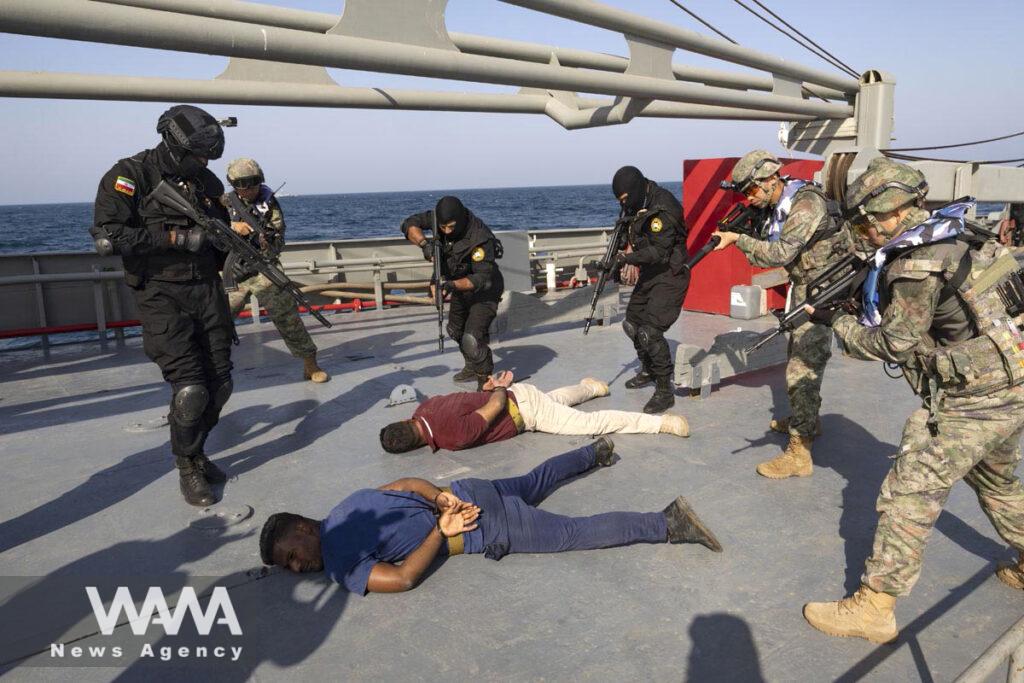
Members of the Islamic Revolutionary Guard Corps (IRGC) Navy and Chinese Navy attend a joint naval military drill between Iran, Russia, and China in the Gulf of Oman, Iran, in this picture obtained by Reuters on March 18, 2023. Iranian Army/WANA (West Asia News Agency)
The U.S. later confessed that the vessel was smuggling fuel. The IRGC stressed that the Americans have repeatedly made unlawful attempts to facilitate the escape of fuel-smuggling vessels in the Persian Gulf but have always been confronted by their forces.
The vessel, the Bahamas-flagged Richmond Voyager, was managed by U.S. oil major Chevron.
Iran’s Ports and Maritime Organization (PMO) said in a Thursday statement that the Richmond Voyager had ignored basic international maritime laws by escaping the scene of a collision with an Iranian vessel after an incident in international waters in southern Iran a day earlier.
Iranian forces seized two other tankers in May. Tehran has made it clear that it views U.S. military vessels lurking in the waters of the Persian Gulf as a threat to its national security and a source of tensions and instability in the region.
“The U.S. seizes Iran’s oil shipments for no reason at all, but when Iran seizes ships because of their violations, they blame Iran,” said Spokesman for the Iranian Foreign Ministry Nasser Kanaani.
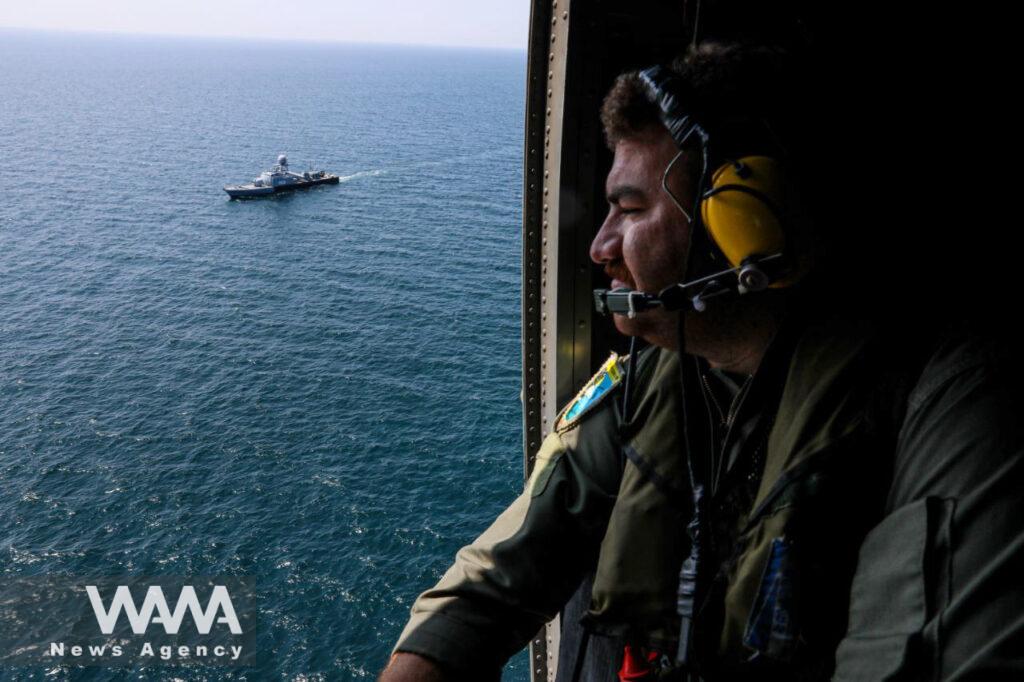
An Iranian Army helicopter crew member is seen during a joint naval military drill between Iran, Russia, and China in the Gulf of Oman, Iran March 15, 2023. Iranian Army/WANA (West Asia News Agency)
The Islamic Republic has frequently vowed to give a decisive response to any hostile move by Washington that would disrupt the security of the strategic waterway.
Over the past years, the U.S. Navy has seized Iranian-controlled tankers and oil shipments en route to other countries, citing its sanctions on Iran’s oil exports.
The IRGC forces have held the responsibility of securing the southern maritime border, and in recent years, their responsibilities have gotten heavier. The U.S. Navy repeatedly violating Iran’s territory has been one of the main reasons for this heaviness. Iranian forces have been intercepting drones, seizing illegal tankers, and defending territorial waters a lot more these few years, especially after the killing of General Qassem Soleimani by U.S. forces in Iraq.
Other than security reasons, a report in late April showed that Iran is losing some $4 billion annually to fuel smuggling. The country plagued by sanctions now has to fight over protecting its oil. History shows that Iran’s oil has always been targeted by its enemies, the most prominent example being Iraq’s anti-shipping strikes against Iranian oil tankers and associated installations during the 8-year war. The attacks were viewed as bringing economic pressure to bear on the Islamic Republic.
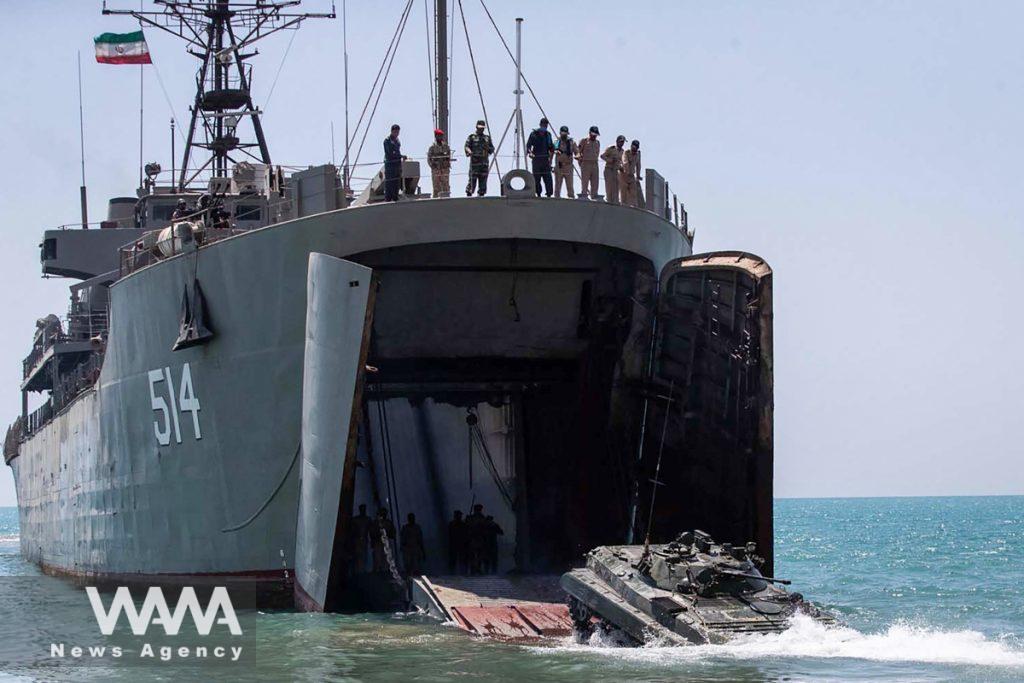
A BMP armored personnel carrier vehicle emerges from inside the Lavan Navy at Zulfiqar 99 exercise with units of Navy, Air Defense, Air Force, and Ground Force in an area of 2 million square kilometers near east of Hormuz Strait, Makran coasts, Sea of Oman, and north of Indian Ocean in the south of Iran September 7, 2020. Picture taken September 7, 2020. WANA (West Asia News Agency)
However, the U.S. Navy intervened to “escort” flagged ships up and down the Gulf when Iran started reciprocating the attacks. At this stage, near the end of the Iraqi war on Iran, U.S. forces began their direct assaults on the Islamic Republic, including sinking Iranian frigates and shooting down an Iranian civilian airliner, killing hundreds of innocent people.
One might think the U.S. would get out of the Persian Gulf when the war ended after everything it did, but this is not how Western colonialism works. Other than keeping a constant military presence in the Persian Gulf, they also constantly accuse Iran of causing tension; in waters with which it has the widest border. In comparison, the U.S. military has absolutely no business being present in the Persian Gulf, thousands of miles away from its borders, EXCEPT causing tension.
Tehran has repeatedly dismissed the presence of the U.S. military in the Persian Gulf, stressing that only Iran and regional countries are in charge of ensuring its security.
Last month Rear Admiral Alireza Tangsiri said:
“The U.S. are damn wrong to be present in our region,”
Regional countries usually do not react to these incidents but have expressed worries over tensions escalating in the Persian Gulf. Iran has made clear throughout its history that it will never start aggression on any nation and that the sole purpose of strengthening its military might, is to defend itself. Since its revolution, the Islamic Republic has faced numerous attacks on its territorial integrity and sovereignty outside its borders, creating a super-alert military system. This is exactly the case in the Persian Gulf. Iran varies in the presence of militaries in waters attached to its borders and forces of countries that want to see its government fall and won’t hesitate to steal its oil.
WANA writer / F. Fazaeli / July 14, 2023
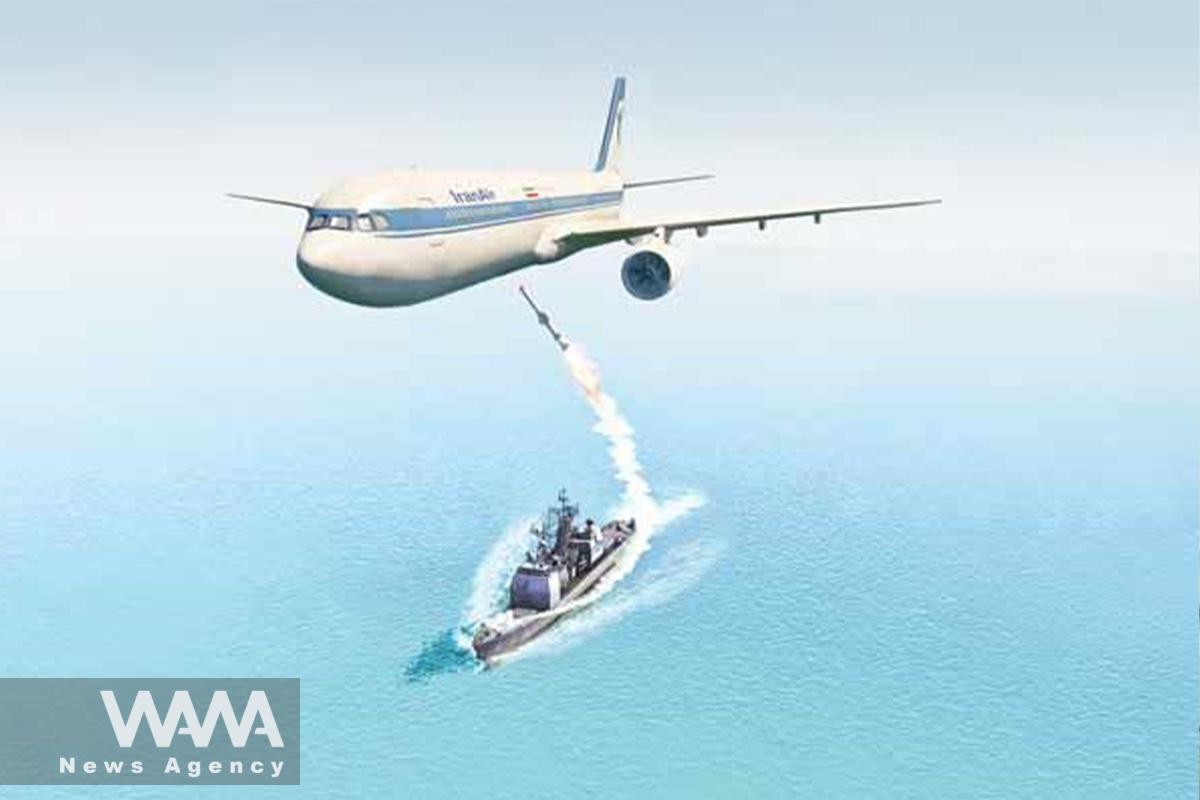
Do you remember Iran Air flight number 655?
WANA (July 03) – The Iran Air Flight 655 is a flight that most Iranians have heard of, a flight number that lays heavily on the nation’s hearts. It was on July 3, 1988, right in the midst of a war between Iraq and Iran, that a U.S. Navy guided-missile cruiser called the USS […]

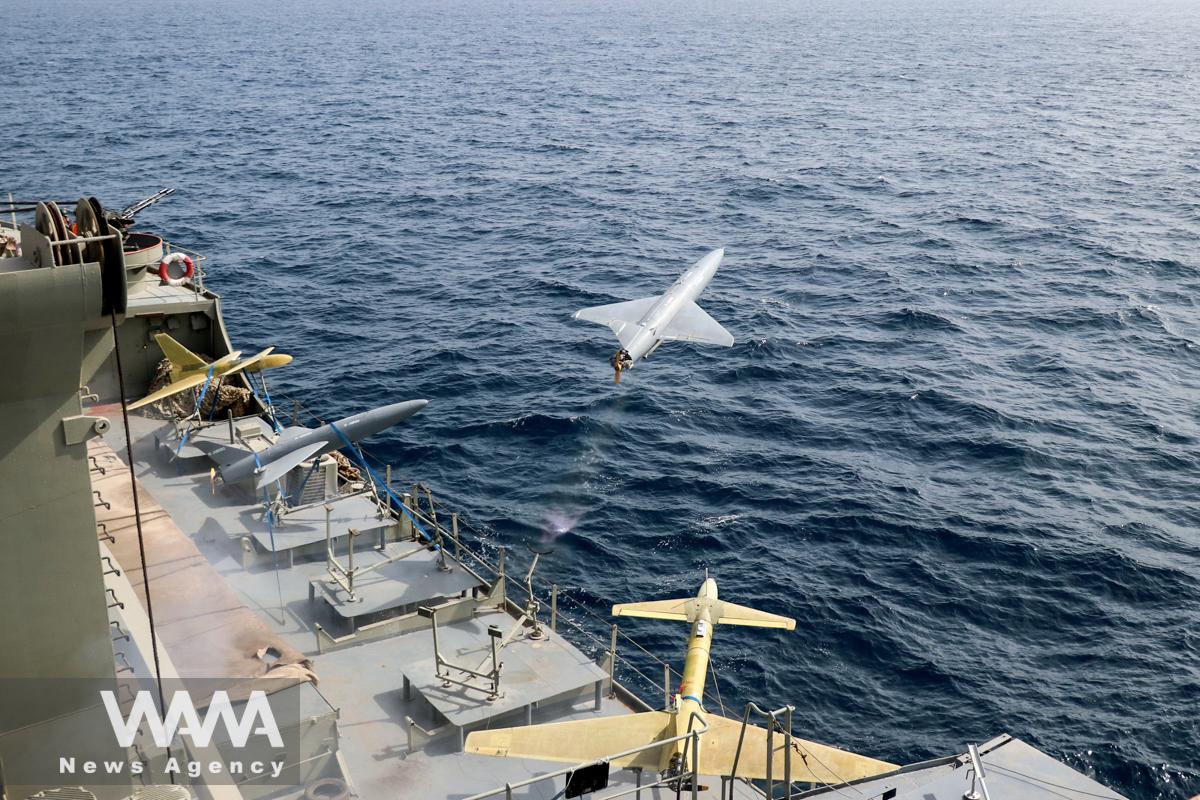











User comments